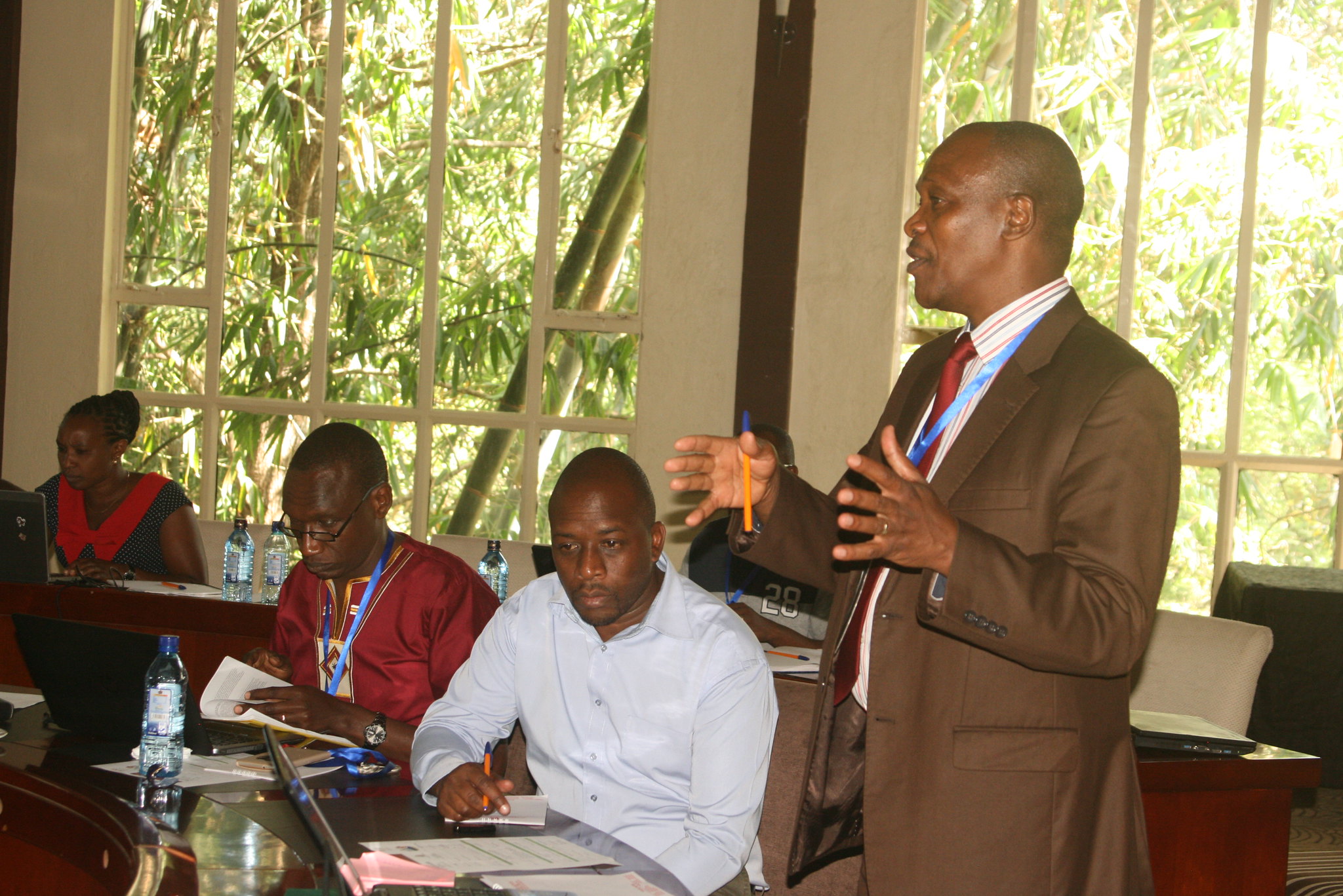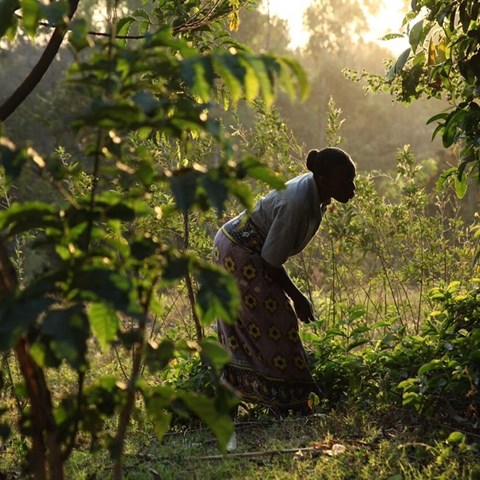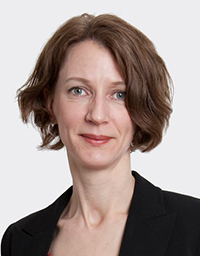Why do we need researchers to get involved in policy development?
Agriculture is a key economic sector in the East Africa region and efforts to reduce poverty, achieve food security and healthy nutritious diets, as well as spur economic growth, inevitably revolve around the sector. However, the identification and implementation of enabling policies remains a major barrier to the development of this sector. Though in recent years there has been renewed interest and enthusiasm to support agricultural transformation in Africa as a whole, there is opportunity to further develop policy engagement capacities of those wishing to translate their agricultural development research into policy.
So how do we get them involved?
To answer that question, we reached out to Prof. Willis Oluoch- Kosura and Dr. David Jakinda Otieno, both at the University of Nairobi to coordinate the training.
“During the early years of the AgriFoSe2030 programme a training course was designed and implemented in Kenya to support the capacity development of researchers to engage in policymaking processes. Today the programme is carrying on this initiative, with the University of Nairobi leading the training, with support from the Regional Strategic Analysis and Knowledge Support System (ReSAKSS) Eastern and Central Africa Node, based at the International Livestock Research Institute with support of Dr. Joseph Karugia”
This time around, the training will be implemented in Kenya and Uganda. Specifically, two universities from Uganda (Makerere and Kyambogo Universities) are actively involved in coordinating the mentorship activities in Uganda. The regional approach offers excellent opportunities for cross-country learning and sharing of best practices in policy engagement. Implementation and format of the training course will involve several components: technical workshops to enhance technical and communication skills; online and mobile instructional materials; policy dialogue and dissemination forums and evaluation of the training in achieving learning outcomes.
So far, 3 virtual training workshops have been conducted to introduce the project objectives, enable mentees and mentors to identify their training needs and discuss the training steps and activities. It is envisaged that, as the Covid-19 pandemic eases and restrictions on travel and physical meetings are relaxed, future trainings will be through face-to-face workshops. The training also involves a practical component that entails mentees (with the guidance of their mentors) identifying key policy issues from their previous or current research and developing policy briefs that communicate their findings in simple but more coherent ways that can be easily understood and implemented by policymakers.
 Joseph Karugia at a ReSAKKS training workshop on influencing agricultural policy in Africa. Credit: ILRI/Brian Kawuma, Flickr, CC BY-NC-ND 2.0.
Joseph Karugia at a ReSAKKS training workshop on influencing agricultural policy in Africa. Credit: ILRI/Brian Kawuma, Flickr, CC BY-NC-ND 2.0.
Training of trainers
Dr. David Jakinda further said that “Expanding on the experiences and design of the training in phase I, this second training course also adopts a “training-of-trainers” approach. In the current course, this has meant that persons who undertook the course in the first phase, have now come back as mentors for the new round of students. More so, as the course is split into two cohorts, it is expected that mentees from the first cohort will take on the role as mentors in the second cohort – working alongside more experienced mentors.”
The mentors will have a close-knit relationship with their mentees, whereby each mentor will only be expected to mentor no more than two mentees.
Making sure we measure success and learn as we go
Impact of the training will be measured and monitored continuously to ensure quality assurance. Needs assessments have been carried out before the development of the curriculum to guarantee its relevance. Trainers and course facilitators have been given clear guidelines on the course contents to ensure that the materials prepared respond to the needs of the trainees and are of expected standards. This training meets the demand for improving researchers’ skills in translating and communicating research to policy and practice in the East African region. With the trainers-of-trainers approach it has the potential for exponential impact.
Moreover, by having the mentees complete policy briefs as part of the training course and by seeing how the mentees apply their newly acquired knowledge in their own work and research, the organisers and mentors will be able to assess the mentees’ knowledge and progress.
Prof. Cecilia Onyango, a current mentor in the training course, as well as a former mentee and mentor in the past training course made a reference on this from previous training cohorts:
“The knowledge gained has enabled our team (mentees and mentors) to change the way we deliver lectures to [especially] graduate students, and to develop their research projects. They now understand the role they can play as researchers in informing agriculture and food security policy and practice, and more so, they are actively seeking to take on that role.”


 Sofia Boqvist, Associate Professor
Sofia Boqvist, Associate Professor